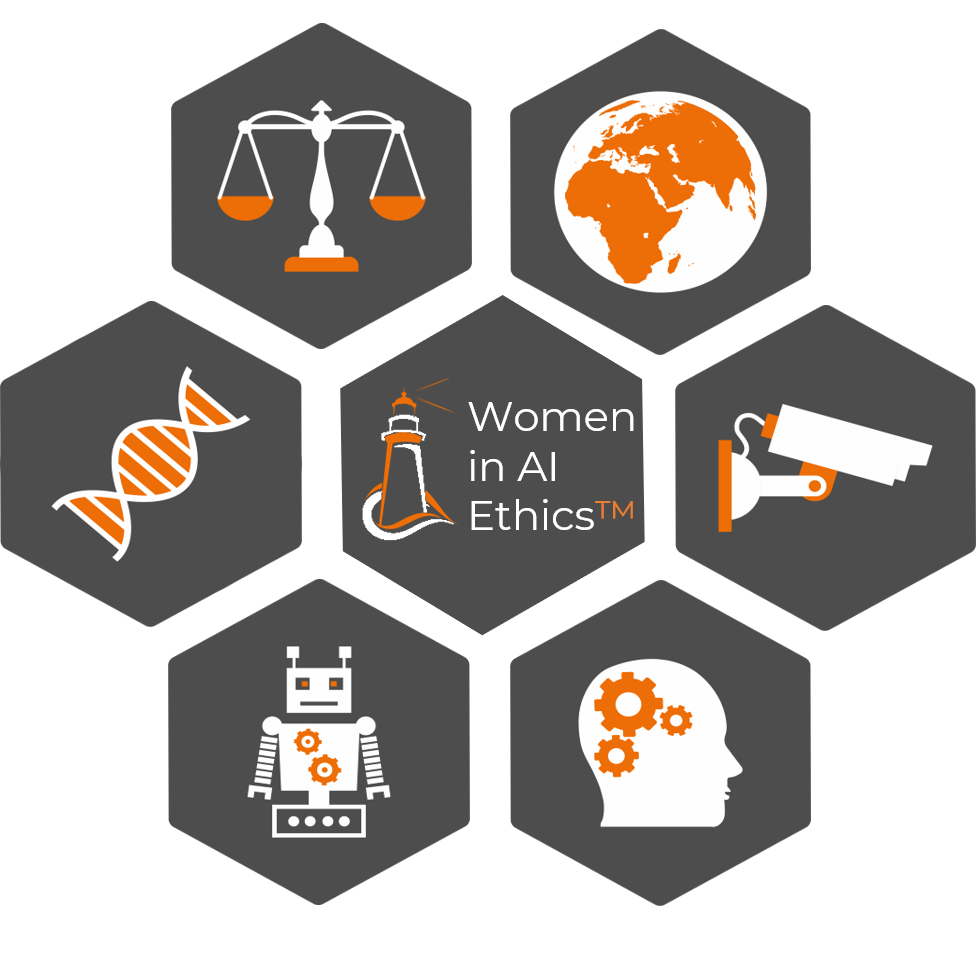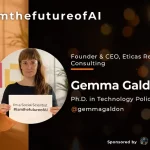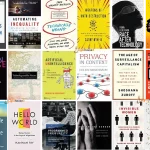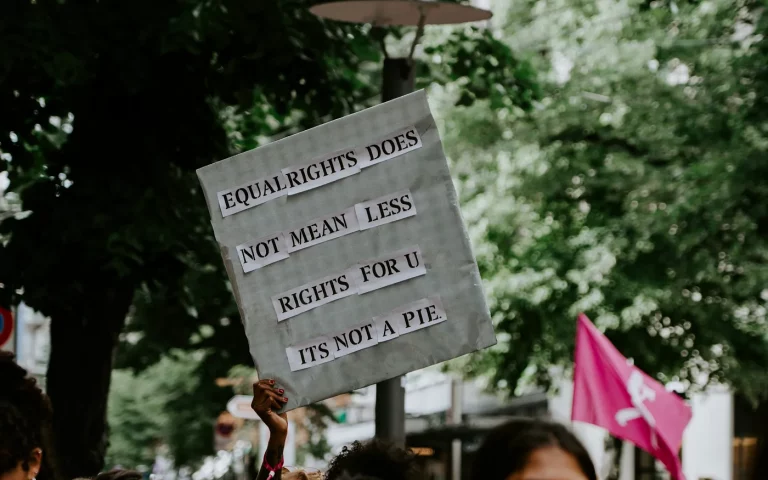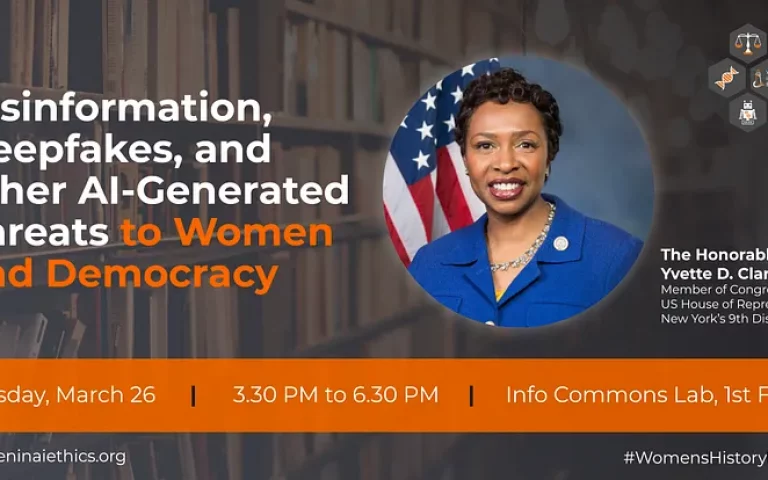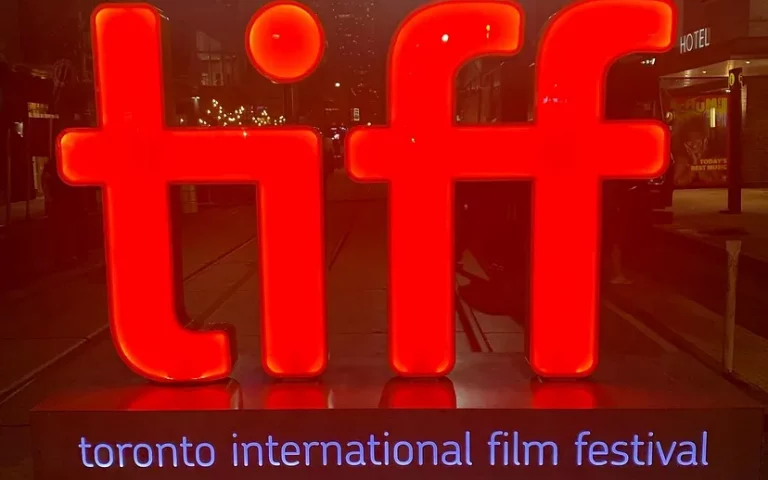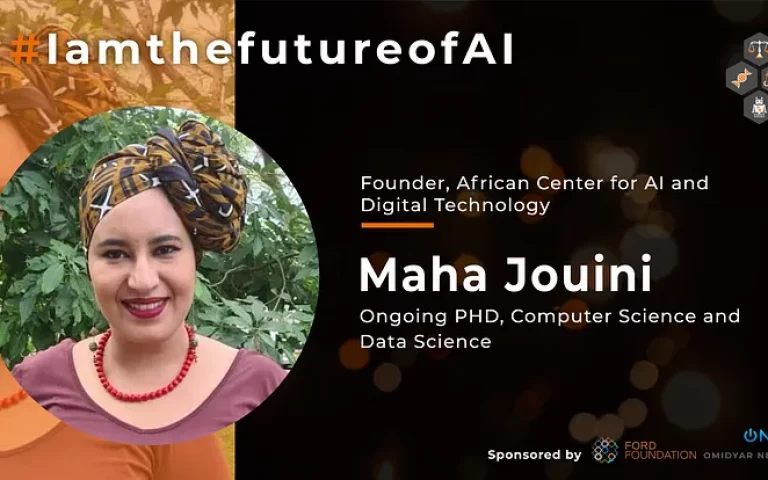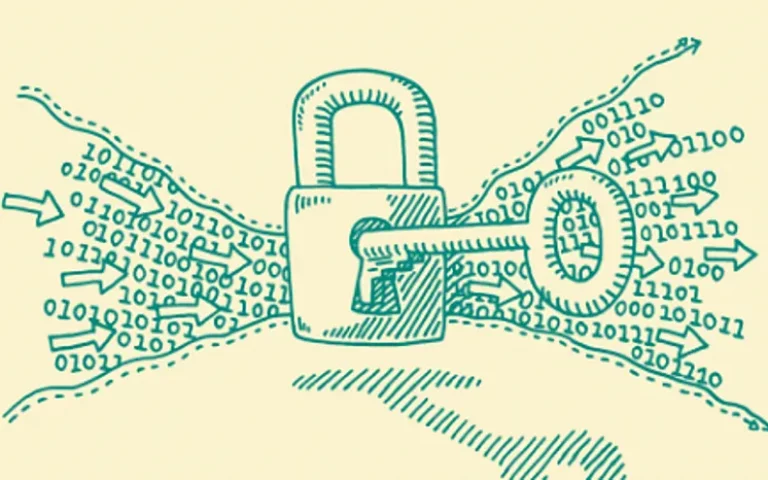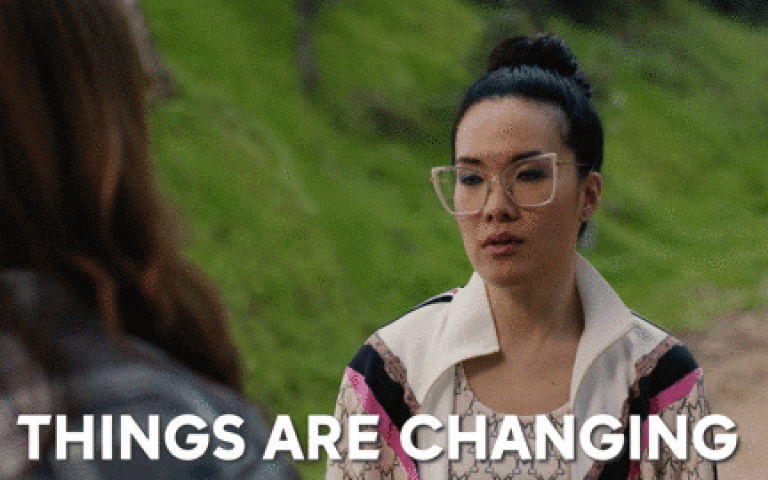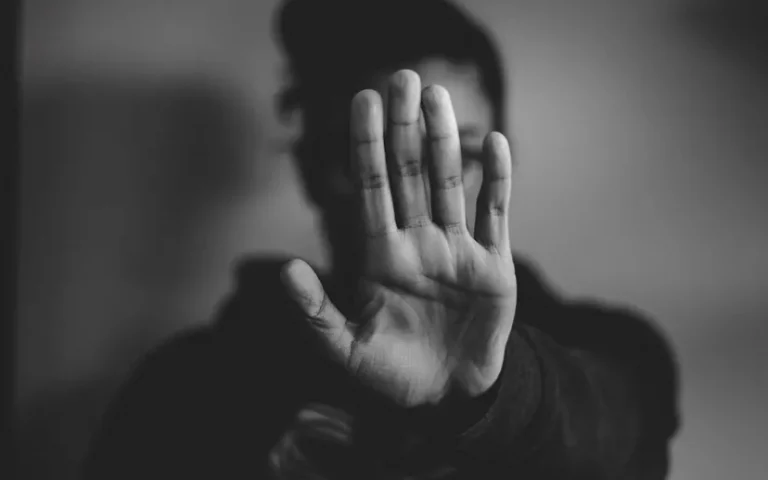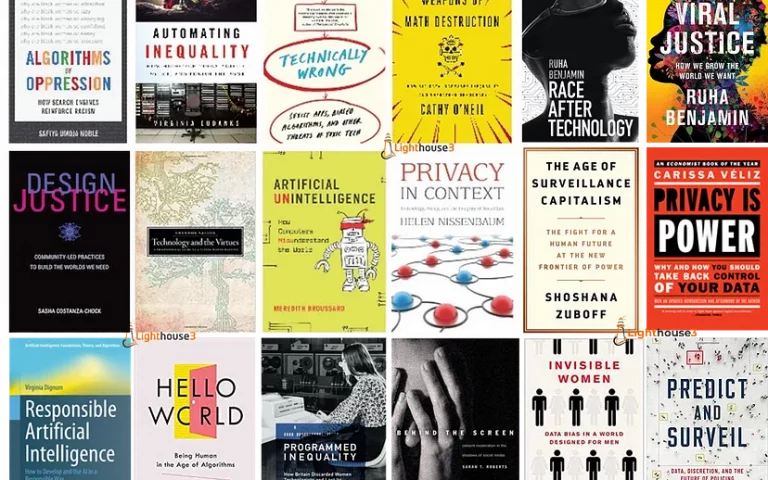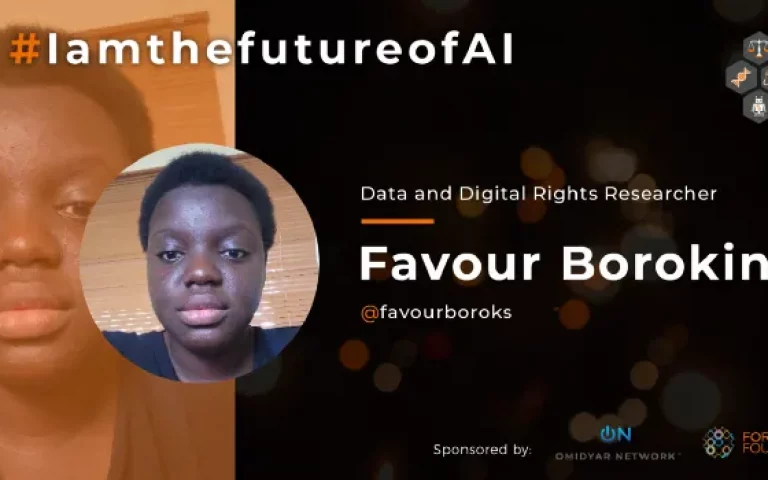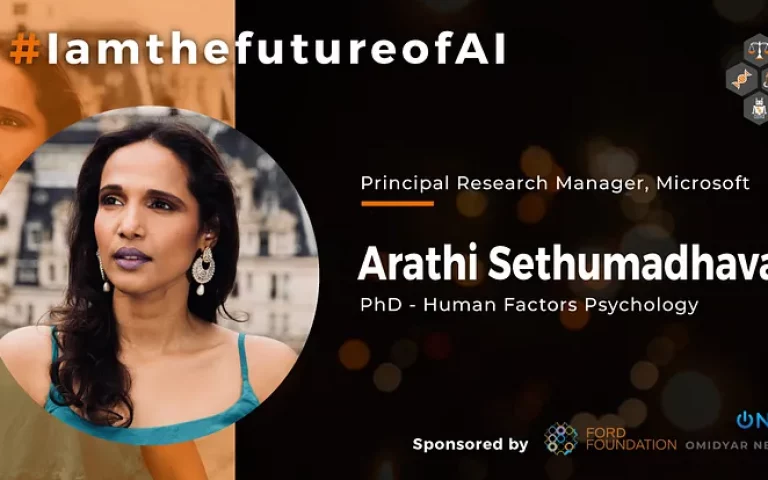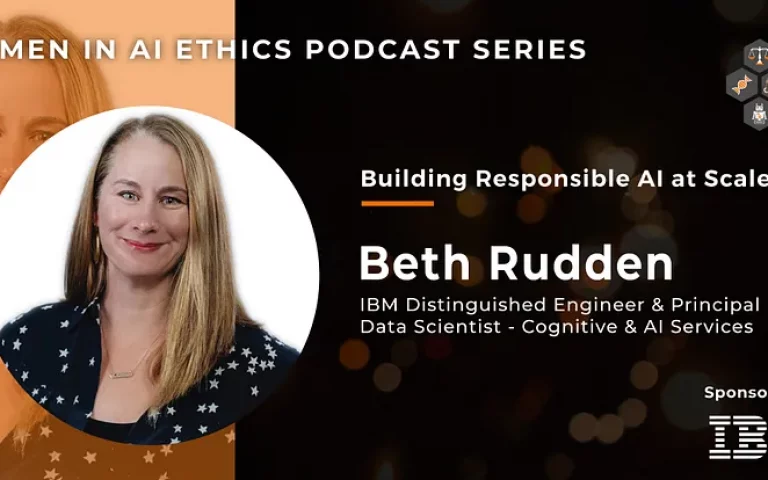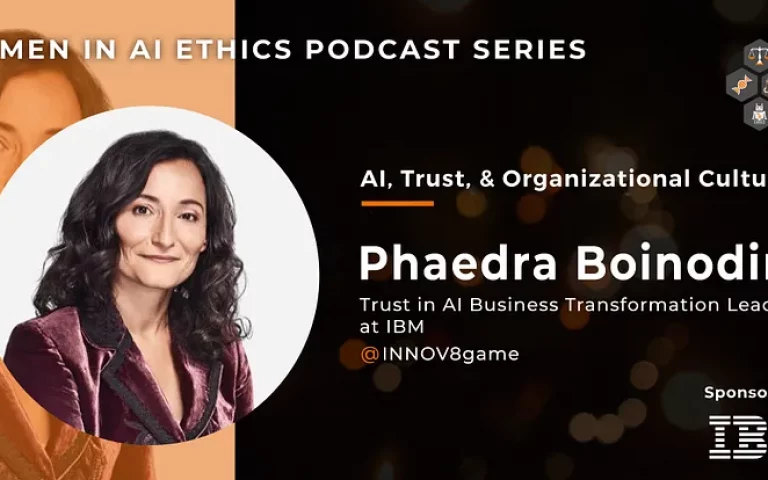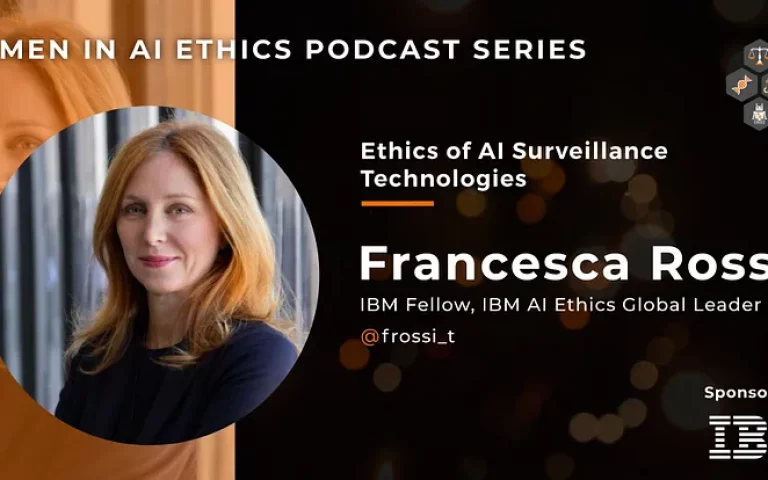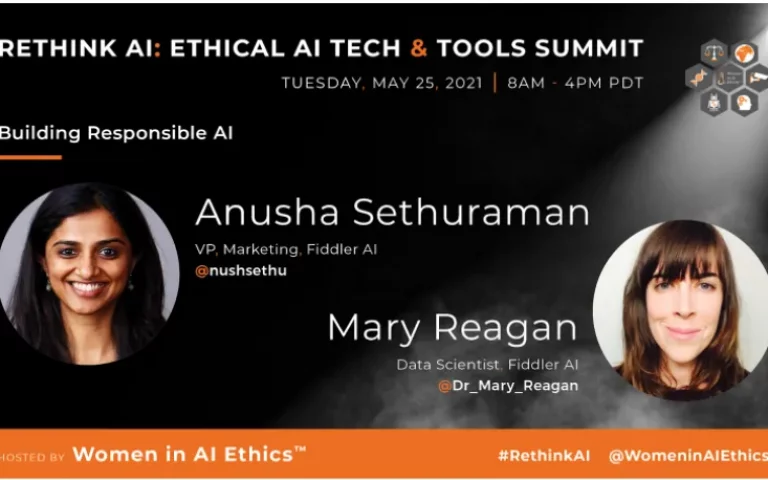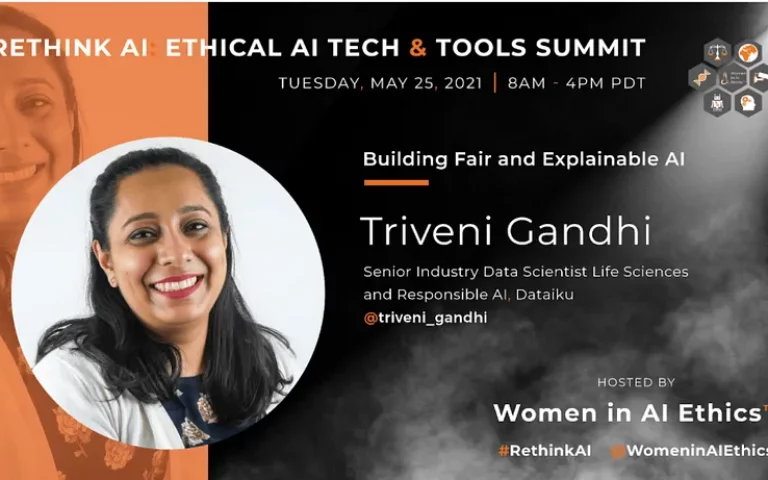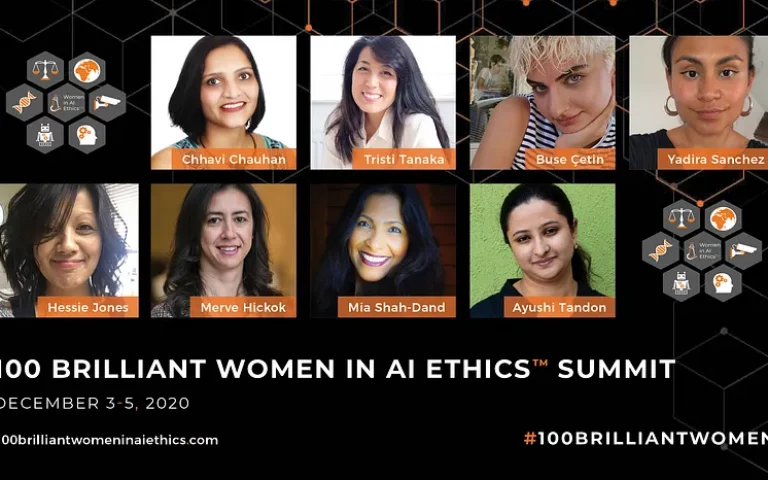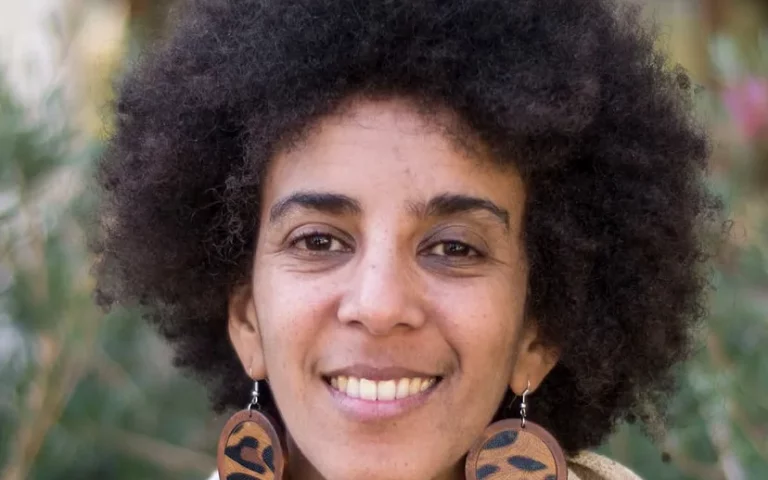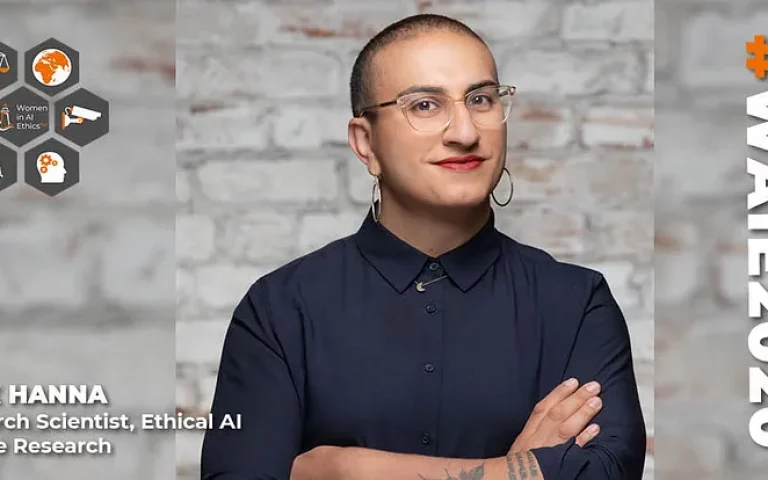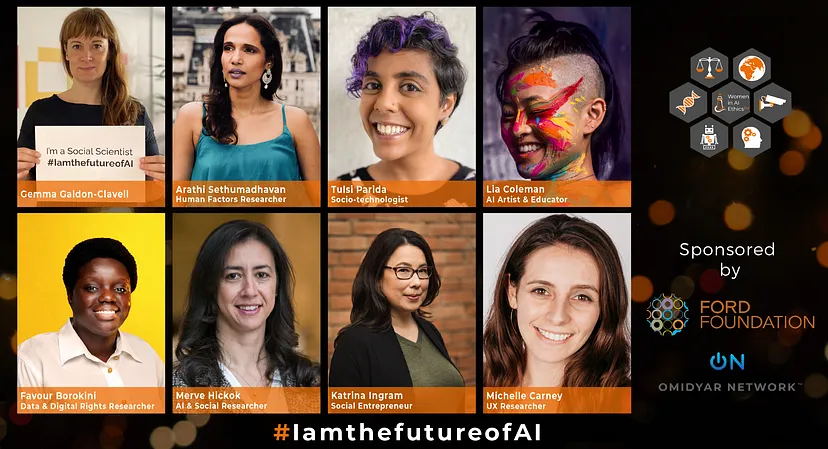
Social media sites buzzed with excitement when OpenAI announced that DALL·E, their AI system for generating images and art from text description, was available in beta. There are valid ethical and legal concerns about the ownership of AI-generated art and impact on artists. In addition, AI models also amplify biases, racist stereotypes, and sexist tropes. These issues were on full display when I tested the mini DALL·E model (now Craiyon) with several keywords like “computer scientist”, “data scientist”, “expert” and they all generated fuzzy images of white men. The site reminds users that, “While the capabilities of image generation models are impressive, they may also reinforce or exacerbate societal biases.”
Despite many PR-worthy commitments to diversity, the tech industry is still notoriously homogeneous with high entry barriers for women and people of color. Given this dismal state of affairs, how do we design an AI future that’s more equitable and ethical? While there is no magic bullet, one key part of the solution is to elevate lesser-known voices in this space and change the public perception of who is considered an “expert”.
Towards this goal, Women in AI Ethics (WAIE) launched “I am the future of AI” campaign with support from the Ford Foundation and Omidyar Network to showcase brilliant women, from a wide range of diverse backgrounds, building the future of AI. Here are some of their inspiring stories and you can read more on the WAIE blog.
Gemma Galdon-Clavell, a Social Scientist shares her powerful story, “As a daughter of a teenage mother and granddaughter of political dissidents who had to flee Spain, I consider being functional a major achievement. I can now be grateful for the strength and resilience I was raised with, and proud of what I have achieved. Being a woman, with this background, focusing on social science, and being young weren’t the easiest premises to pursue a career in tech.” Read more about Gemma’s tech journey.
Arathi Sethumadhavan is a Human Factors Researcher at Microsoft who reiterates the importance of diversity in building products that work for everyone not just a select few. “Studies have shown that as well that companies with employees and leaders who are diverse across traits like gender ethnicity, and cross-cultural experiences are 70% likely to report capturing new markets. So if you want to create products that work for lots and lots of people, you should care about diversity.” Learn more about Arathi’s quest for more inclusive tech product development.
Socio-Technologist, Tulsi Parida is the Global Director — Data Solutions at Visa who started her career as a schoolteacher through a program called Teach For America. Her experience teaching third graders got her thinking about issues of equity. She says, “There are so many roles that you can have in the tech and AI industry that don’t require you to have a technical background. And in fact, I think sometimes it’s better to have that holistic perspective. Because I do think that when you’re solely working within data science or engineering, you can kind of put your blinders on to what else is going on.” Read more about Tulsi’s journey to build more equitable AI and data solutions.
AI Artist and Educator, Lia Coleman majored in computer science with a math minor from MIT but felt like an outsider. She reiterates the importance of allyship in the workplace. “When I was working in the tech industry, I didn’t feel that I fit in with my team. I was the only female software engineer. I think it’s really special when you find someone who acknowledges that there is inherent bias in the workplace and is really conscious and aware of that and tries to interrogate the behaviors of people on the team.” Learn more about Lia’s journey through the AI/tech industry.
Favour Borokini is a Data and Digital Rights Researcher and as an African woman in this space, she raises awareness about the lack of inclusion in tech. In her words, “Beyond certain tropes, there’s a lot regarding our backgrounds and our own lived experiences, especially in contemporary Africa, that I’ve been disregarded or not factored into the equation in this space.” Read Favour’s perspective on the importance of lived experiences.
AI Ethics and Social Researcher, Merve Hickok has a non-technical background, trained on political science and international relations. She highlights the importance of having a supportive community, “Coming into a field like AI can be at times intimidating. Not only because of the technical elements, but also because of the very homogeneous set of actors on power plays. I am indebted to a number of people who were willing to answer my questions along the way, introduced me to new opportunities, and trust in me.” Read how Merve navigates the AI space as a non-technical expert.
Katrina Ingram is a Social Entrepreneur who believes this field needs more people who come from different kinds of backgrounds. “We really need a wide range of perspectives in order to deal with these (ethical) issues well, and ensure that we’re looking at all the angles and looking at things in ways that will bring to the foreground some of the things that don’t get spotted when you have a set of blinders on.” Learn more about Katrina’s social entrepreneur journey.
Michelle Carney is a UX Researcher who faced challenges in landing her first job in AI. As she shares, “My undergrad degree is in Molecular and Cellular Biology and Cognitive Sciences, and my practical expertise was in building Neural Networks. But, because I “lacked a CS degree” I was denied ML and Data Science jobs. I was able to overcome this by finding people who believed in the work I do and supporting each other. I am incredibly fortunate because of the women who came before me and helped me get the role I have today.” Learn more about Michelle’s AI career journey across multiple disciplines.
By raising awareness about non-traditional pathways into AI/tech and making this space more accessible, we want to inspire more participation from historically underrepresented groups in tech. Share your unique career journey in AI/tech by filling out this form!
#IamthefutureofAI campaign is sponsored by the Ford Foundation and the Omidyar Network. You can watch more inspiring stories on our YouTube channel and read them on the WAIE blog.
